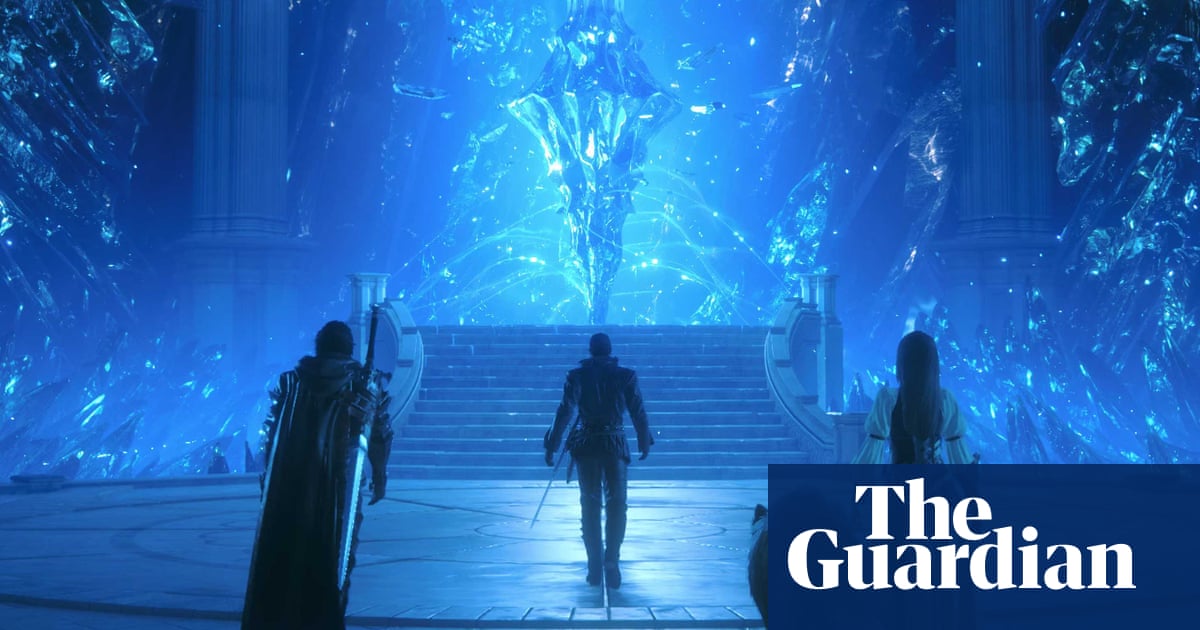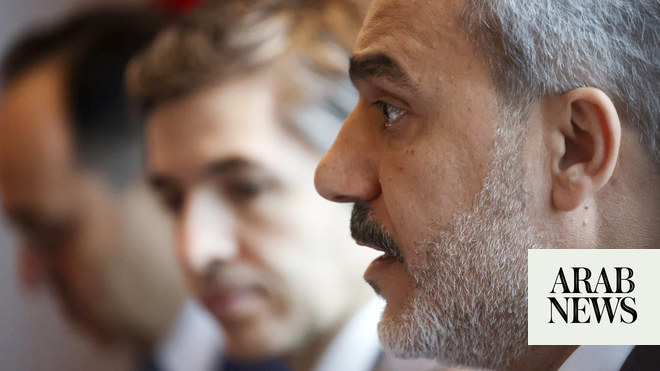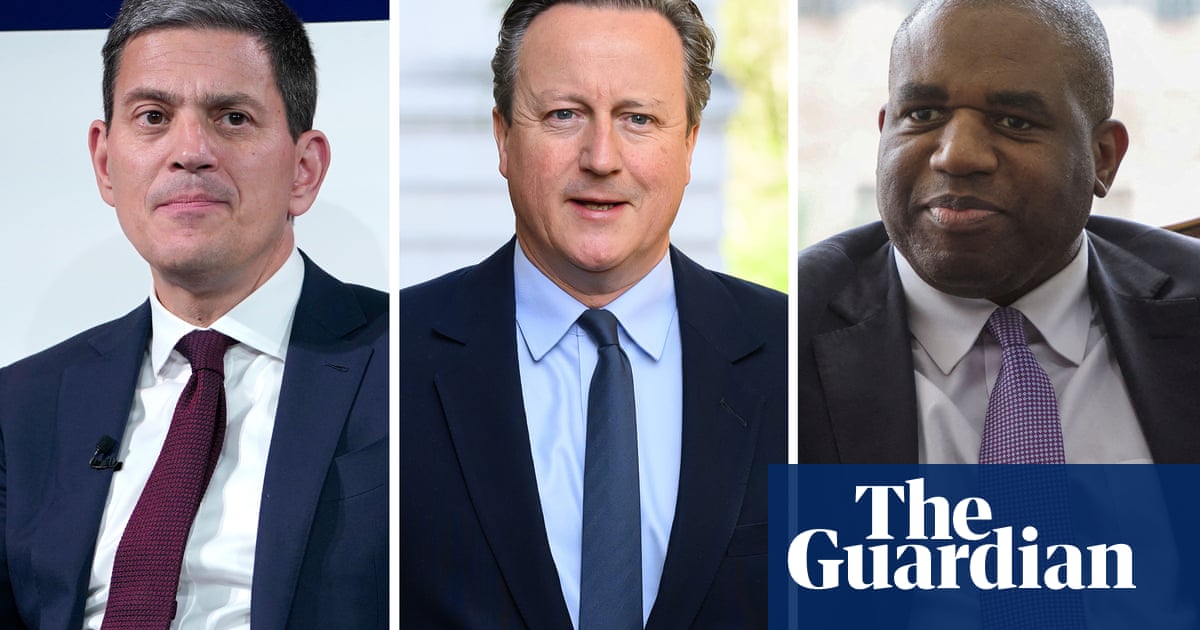
Delivered by
Volker Türk, United Nations High Commissioner for Human Rights
At
Interactive Dialogue on OHCHR report on Sri Lanka / Human Rights Council
Mr. President,
Excellencies,
Distinguished delegates,
Sri Lanka stands at an important crossroads.
The report of my Office outlines concerning trends over the past two years and highlights renewed threats to fundamental freedoms -- including regressive laws and the erosion of democratic checks and balances, as well as harassment and intimidation of civil society and journalists.
It shines a spotlight on recurring patterns of past violations, including arbitrary detention and torture, and underlines real risks for the future in the absence of deeper reforms.
Sri Lanka must break from the past and chart a new course. And the situation in Sri Lanka needs the continuing attention and support of this Council and the international community.
Two years have passed since mass protests demanded democratic reforms and an end to corruption and the abuse of power. Today, despite promises of a new beginning, those demands remain largely unfulfilled.
And while 15 years have passed since the end of the devastating civil war – victims and their families are still waiting for truth, for justice and for reparation.
Instead, a prevailing sense of impunity impedes meaningful progress and encourages continued violations and more corruption.
Meanwhile, for many people, the economic situation is precarious.
The poverty rate doubled between 2021 and 2023, and more and more households are forced to choose between food or healthcare. Between education or energy.
Sri Lanka is also approaching presidential and parliamentary elections later this year, and the newly elected administration must commit to the concrete transformational changes needed to ensure accountability, justice and reconciliation.
Those in power must protect fully the rights to freedom of expression, association and peaceful assembly prior, during and after the upcoming elections.
And the international community must support this transformation. It is important for Sri Lanka’s creditors to provide the Government with the fiscal space necessary to realize all human rights, including economic, social and cultural rights.
Mr. President,
I am especially concerned by new or proposed laws granting broad powers to security forces and expanding restrictions on citizens and civil society.
One such example, the draft NGOs Registration and Supervision Bill, has a range of problematic provisions – including broad discretion given to authorities to deny registration of civil society organisations – which carry major risks threatening civic space.
Reports of persistent harassment, surveillance, and intimidation of journalists, civil society actors, victims and human rights defenders are unacceptable.
Meanwhile, abuses by police and security forces are prevalent – and we continue to receive concerning allegations of arbitrary detention and torture.
The absence of accountability for past and present violations is a fundamental problem, illustrated by the lack of meaningful progress in emblematic cases.
Investigation and prosecution of the 2006 massacres of 17 humanitarian workers in Muttur, the killing of five Tamil students in Trincomale in the same year, and the murder of journalist Lasantha Wickrematunge in 2009 – to cite just some key instances – have faced prolonged delays and setbacks.
Other cases have been interfered with, dropped, or been the subject of acquittal on deeply questionable grounds.
There has also been limited progress in the criminal investigation into the 2019 Easter Sunday bombings.
And today, people allegedly responsible for gross violations continue to be appointed to senior positions.
Further, this entrenched impunity has manifested itself in the corruption, abuse of power and governance failures that were among the root causes of the country’s recent economic crisis.
In Sri Lanka, the fate and whereabouts of tens of thousands of people who have been subjected to enforced disappearance over the decades are still unknown.
Their families are stuck in purgatory, waiting for answers – and those responsible have not been held to account.
This must change, and that would start with a formal acknowledgement of the serious violations that occurred during the war, of the responsibility of the State and security forces for the conduct of their own personnel, and of the legacy of those atrocities for victims and communities.
A clear, public change of narrative along these lines would help to re-establish trust in the authorities and begin to address the deep polarization in the country.
And it finally would allow processes of truth and reconciliation and healing to make real advances, rebuilding the social contract.
Excellencies,
Across the globe, the failure to deal with the demons of the past – to ensure accountability for international crimes – is renewing old conflicts. Is creating new conflicts. And is sowing the seeds for future conflicts that will haunt people again and again.
Without accountability, the legacy of violence is simply more violence.
And impunity is a cancer that weakens States and societies.
But there is another path – paved with justice and accountability – that leads to healing, reconciliation and peace.
I urge Sri Lanka to follow it.
Going forward, Sri Lanka must pursue an inclusive national vision that addresses the root causes of the conflict. One that undertakes fundamental constitutional, legal and institutional reforms to strengthen democracy and advance accountability and reconciliation.
The Government must implement significant security sector reform – including holding to account those individuals implicated in serious violations.
And it must take immediate steps to prevent human rights violations.
My Office is not here to point the finger, but to lend a hand. We are reflecting what Sri Lankans from all communities are telling us.
They want change, and my Office is ready to support Sri Lanka on that journey.
In the meantime, it is important for this Council and UN Member States to continue to address the accountability gap in Sri Lanka – including by supporting the work of my Office.
The Council and individual States can help to create the conditions and political will for meaningful accountability and reconciliation.
Towards that end, States can take action through their own domestic systems, as well as through international fora, including – for example – through the processes set out in the UN human rights treaties.
Mr. President,
People and communities across Sri Lanka have experienced upheaval and distress for far too long.
It is high time to bring closure to the past. To break a destructive cycle that leads to more violence and creates more victims.
And to begin an inclusive journey towards a just and sustainable future for all Sri Lankans.












